Here it is, the end of January. And how are those New Year’s resolutions working out for you? If you’ve already bid them “good riddance,” you’re not alone. More than 35 percent of us have already abandoned our New Year’s resolutions (according to the Statistic Brain Research Institute). This translates into millions of us who are now disenchanted and disappointed, wondering if we are ever going to lose those pesky 10 pounds, get ourselves to the gym, or conquer the addictions that are upending our lives.
But this blog is NOT going to be about dieting, deprivation, will-power, or punishment. Instead, I’m going to share with you a pleasurable, relaxing and highly effective habit that will help you support many of the areas you struggle with. And that habit is meditation.
Transform Your Mind
To some people, the word meditate means contemplation. For others, it represents a time to daydream, fantasize, or break from reality. But meditation is neither a daydream, a fantasy, nor an escape from the real world. Meditation is a precise methodology that informs you how to rest your mind and attain a state of consciousness that is totally different from your normal waking state. Meditation is truly a science, which means that the process of meditation follows a distinct order, has precise principles, and produces verifiable results.
In meditation, the mind is clear, relaxed, and inwardly focused. When you meditate, you are fully awake and alert, but your mind isn’t focused on the external world or on the events swirling around you. Meditation requires an inner state that is still and focused so that your mind becomes silent. Given the constant interruptions we all experience from pinging emails, ringing iphones, and constant social media updates, who doesn’t need a little silence?
Reduce Pain, Enhance Joy and Resilience
Meditation keeps you intentionally focused on the here and now, which keeps you from experiencing the anxiety that often accompanies fixating on the past or worrying about the future. It also helps you stop focusing on your thoughts and feelings and gain perspective. Meditation helps to cultivate an attitude of acceptance, which doesn’t mean that your life becomes problem-free, but rather that you are developing the skill of accepting the existence of problems without overvaluing them.
Myriad myths about meditation persist: “It’s only associated with religion.” “It’s only for wu-wu people who hold hands and share energy.” “It is just a fad that went out with the “60s” “Just sitting and wasting time isn’t going to fix anything. I need to keep busy.” And so on…
But what if you were to learn that meditation lowers anxiety and depression. Supports weight loss. Enhances resilience. Prevents disease. Promotes healing. Decreases pain. And much, much more? Would you still believe that a practice that is non-invasive, free, and able to be performed almost anywhere isn’t worth your consideration?
Meditate for Brain Power
The cells and neurons in the brain are constantly making new connections and disrupting old ones based on response to stimuli. This quality is called neuroplasticity, which allows our brains to change depending upon what is stimulating them. Meditation changes the actual structure of our brains by increasing grey matter and volume in the areas related to emotion regulation, paying attention, introspection, worrying, calmness, and self-control.
I’ll admit that I haven’t practiced meditation for very long, but even in the short time that I have been doing so, I’ve noticed some changes already: I pay more attention to, and enjoy more of, what I’m doing in the moment, rather than thinking about the next challenge in front of me. I can “escape” into myself if I’m feeling anxious or worrying about something and calm myself down. And in general, I feel much more organized and in charge of my own life. I can’t imagine how many advantages I’ll be able to share with you after practicing meditation for a year. But stay tuned!
Improve the Quality of Your Life
Just in case you’re one of the many lifelong skeptics regarding meditation—or haven’t ever even given it a thought—below is just a sampling of the dozens of advantages supported by thousands of research studies.
Health enhancements
Increases immune function
Decreases pain
Reduces inflammation at the cellular level
Reduces risk of heart diseases and stroke
Affects genes that control immunity and stress
Lessens anxiety
Enhances happiness and positivity
Lowers blood pressure
Reduces emotional eating and other addictive behavior
Reduces risk of Alzheimer’s and premature death
Mind and performance improvements in:
Decision-making
Information processing
Mental strength
Resilience
Emotional intelligence
Focus
Memory
Get Started
Here are just a few suggestions:
Live & Dare: Scientific Benefits of Meditation
Huffington Post: Meditation Health Benefits – What the Practice Does to Your Body
Hero Health Room: 12 of the Best Free Guided Meditation Sites

